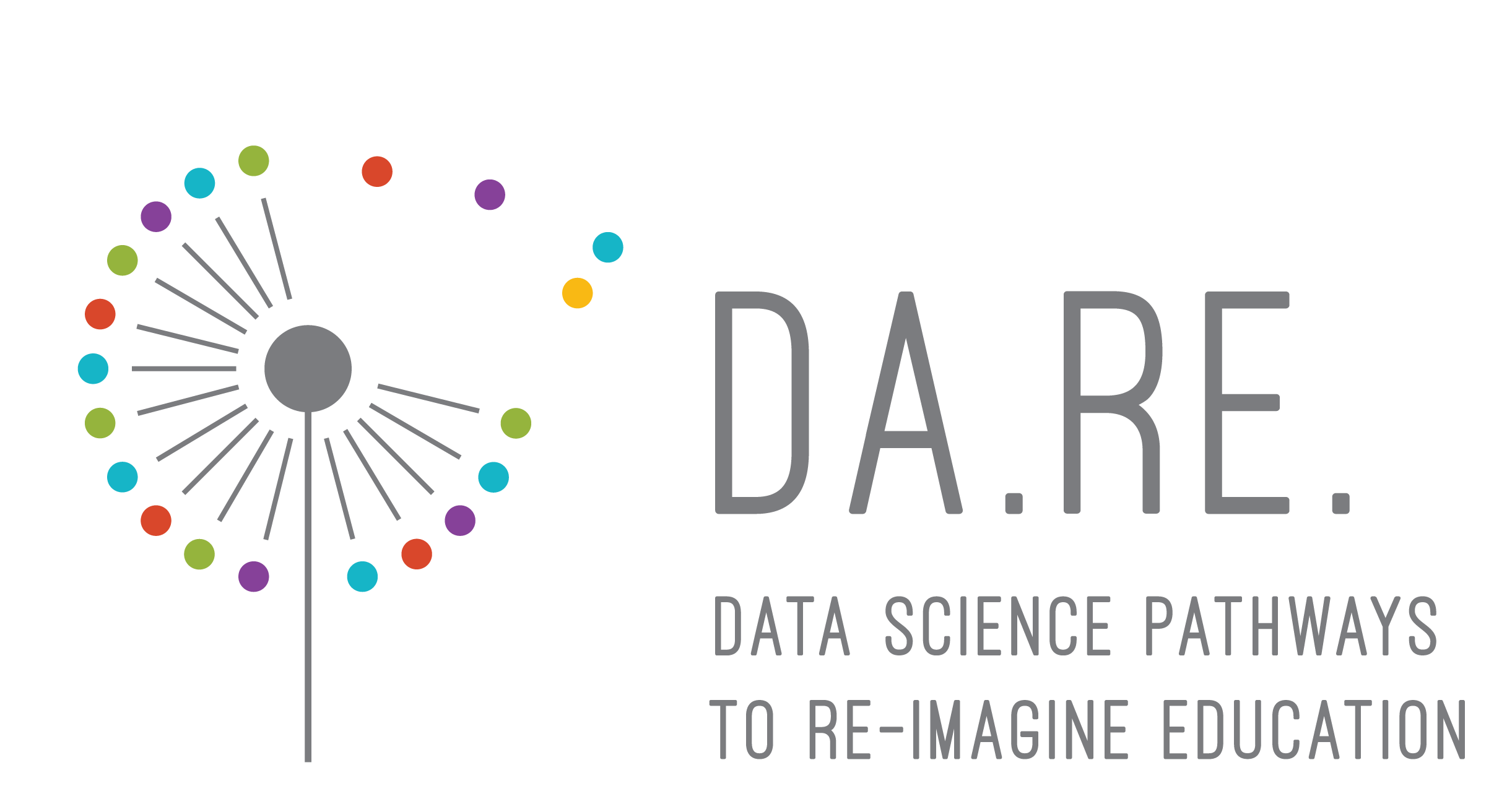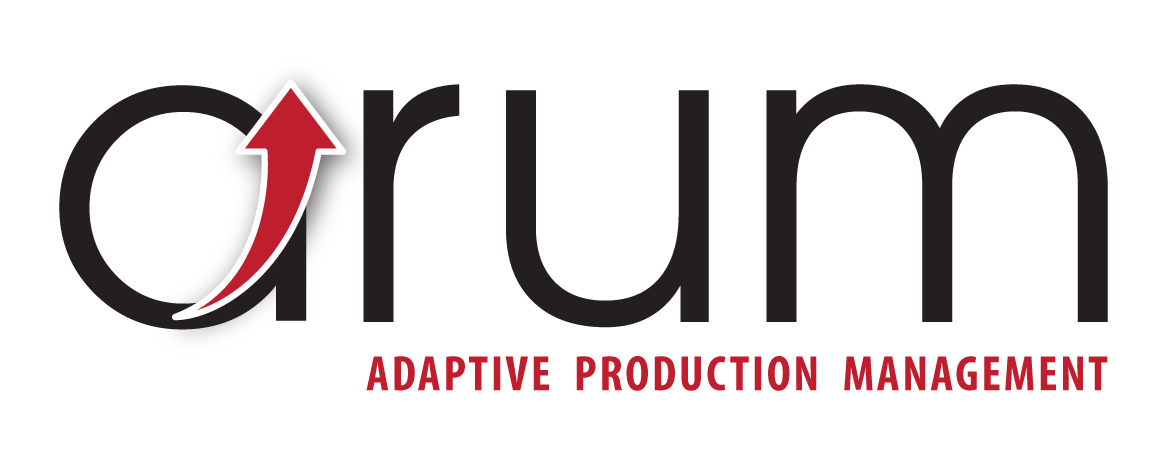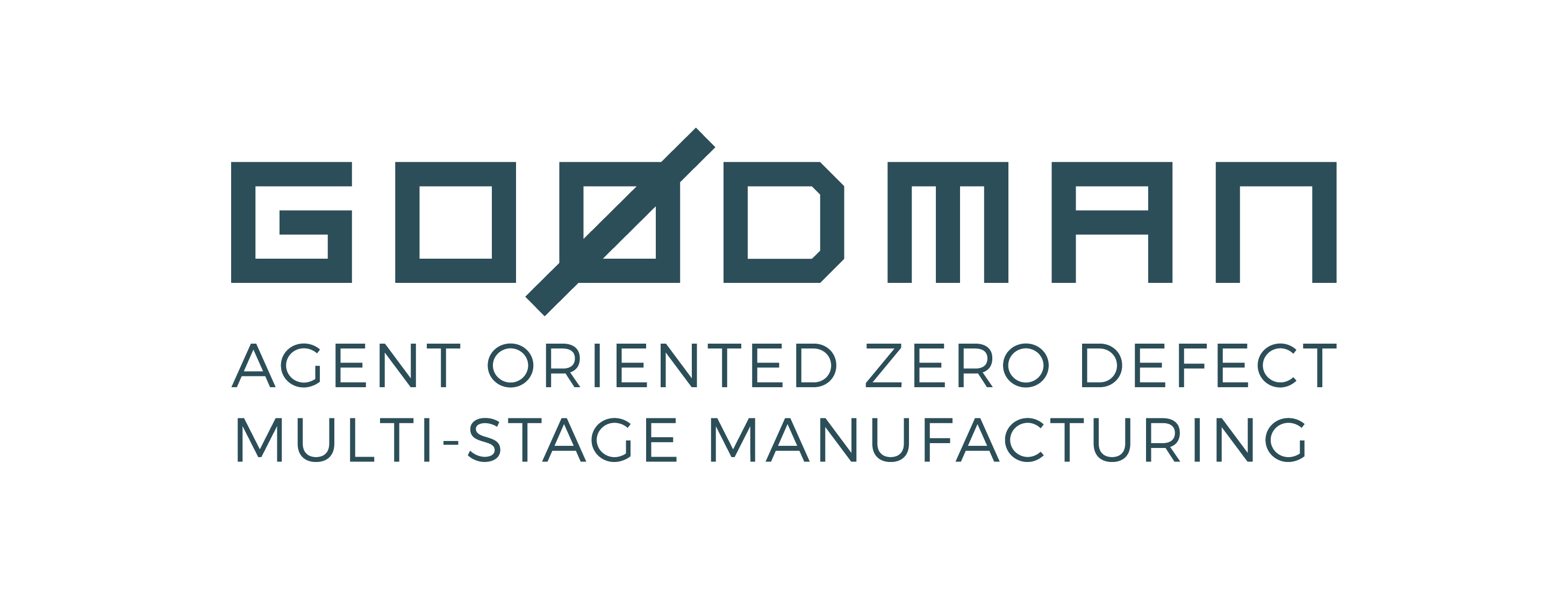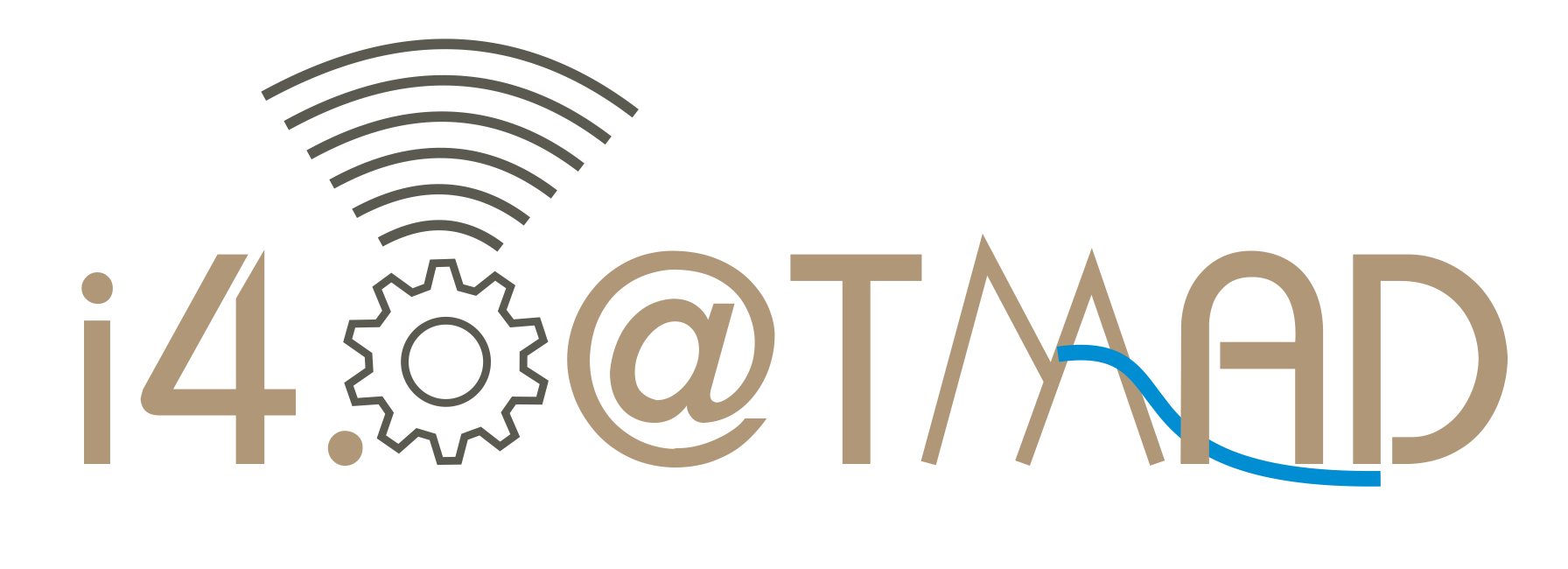Projects

Dare
FROM THE FOURTH PARADIGM OF SCIENCE TO THE FUTURE OF WORK. Big Data and excellence in training, employment growth and jobs of the future. These are the issues addressed by Da.Re., the project that straddles the new paradigm of knowledge: in a world where the digital revolution walks side by side to the training and employment revolution, the future of the work is more and more knowledge and less and less factory.

Grace
The manufacturing assembly systems and the quality control stations of a production line will be treated as intelligent agents, and the whole production process will be supervised and controlled through the integrated and coordinated operation of a network of collaborative individual agents, each with its own objectives and behaviours, possessing its own perceptive and cognitive capabilities.

Arum
ARUM proposes to develop an intelligent Enterprise Service-Based platform (i-ESB). The platform will integrate a service-based architecture with a knowledge-based Multi-Agent System The i-ESB platform will gather information from sources such as sensors and resource management systems, giving decision makers and planners better insight into and control over the design-to-production process. Also, time-, cost- and risk-analysis will take place within the platform. The project has a double approach, making use of both prediction (in the pre-planning phase) and real-time control (in the production phase).

Go0dman
Traditional approaches for quality control treat the production system as a whole and lack the capability to discriminate among changes at different stages. This means that the large amount of data generated or used in a production system, is not efficiently processed. In this context, the strategy developed by the GO0D MAN project will be able to manage the production in an advanced way, involving Big Data as the key element for an efficient and zero defects manufacturing (ZDM) process. The ultimate goal is to develop a production strategy that can guarantee high quality of products without interfering, actually improving, the production efficiency of the entire system. GO0D MAN is an Innovation Action of Horizon 2020 programme and is based on the results achieved in other European Research Projects developed in recent years, such as GRACE, IDEAS and Self-Learning, which addressed the issue of zero-defect production at feasibility and prototyping level.

Maintenance 4.0
In industrial manufacturing environments, often characterized as being stochastic, dynamic and chaotic, maintenance is a crucial issue to ensure the production efficiency, since the occurrence of unexpected disturbances leads to a degradation of the system performance, causing the loss of productivity and business opportunities, which are crucial roles to achieve competitiveness. Maintenance 4.0 project constitutes a real world implementation of intelligent and predictive maintenance through the development of advanced data analytics applications. These applications will enable the reduction of the unplanned down times by predicting possible failures The ultimate goal is to develop industrial applications to perform real time data analysis in order to boost the productivity and, consequently, business opportunities.

PERFoRM - Production harmonizEd Reconfiguration of Flexible Robots and Machinery
The EU HORIZON2020 project PERFoRM (Production harmonizEd Reconfiguration of Flexible Robots and Machinery) is targeting the current need for increasing flexibility and reconfigurability in the manufacturing domain. This trend is caused by the increasing demand for more customised, but cheaper and higher quality products by the customer, as well as the necessity for the manufacturer to produce without delays or breakdowns to reduce production costs.

Promoção da Indústria 4.0 na Região de Trás-os-Montes e Alto Douro, I4.0@TMAD
Projecto resultante da “Carta de Compromissos para o desenvolvimento TMAD”, tem como objetivo a caracterização do estado atual da inovação tecnológica no sector industrial regional, com vista à promoção da adoção do paradigma “Indústria 4.0”: a quarta Revolução industrial.